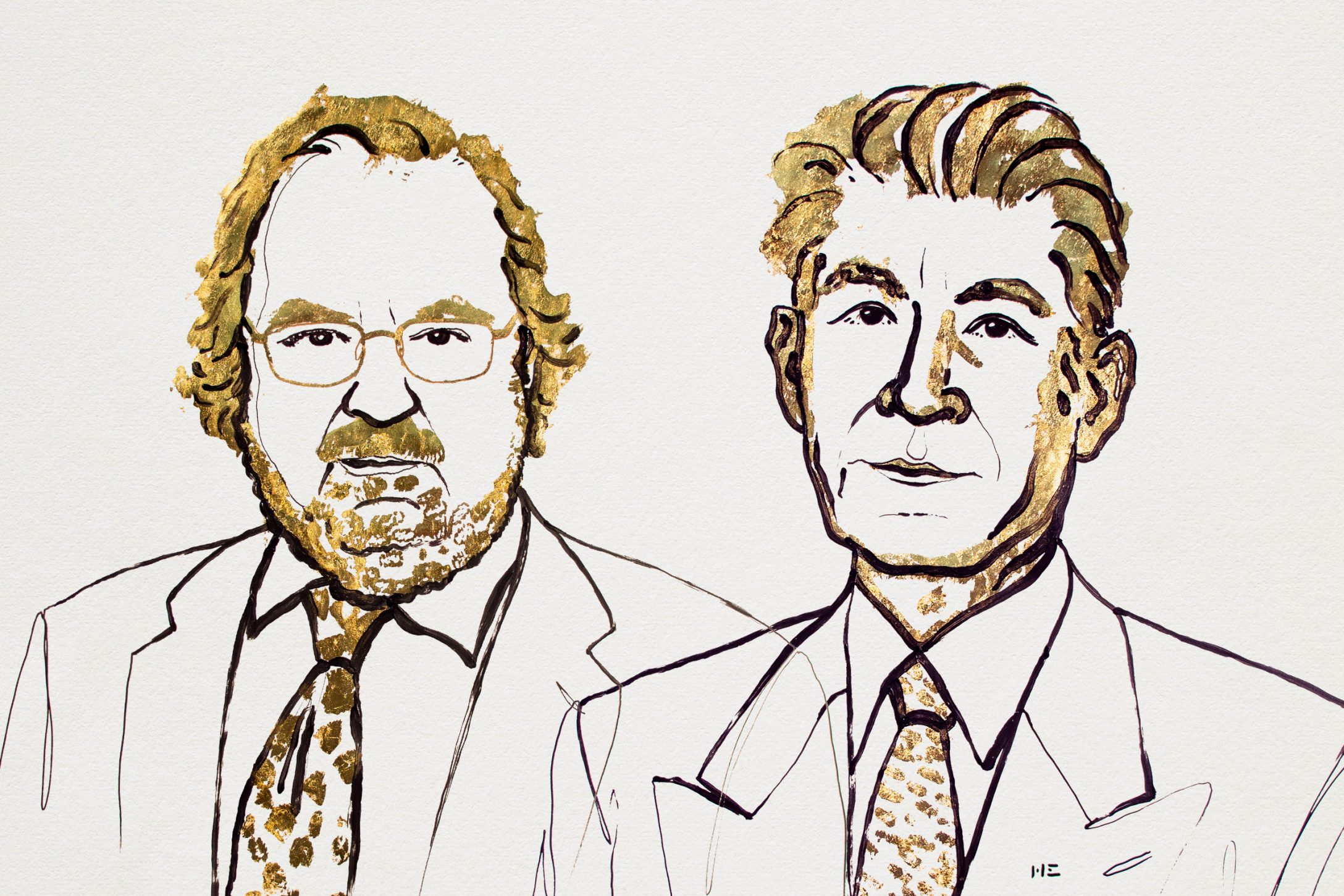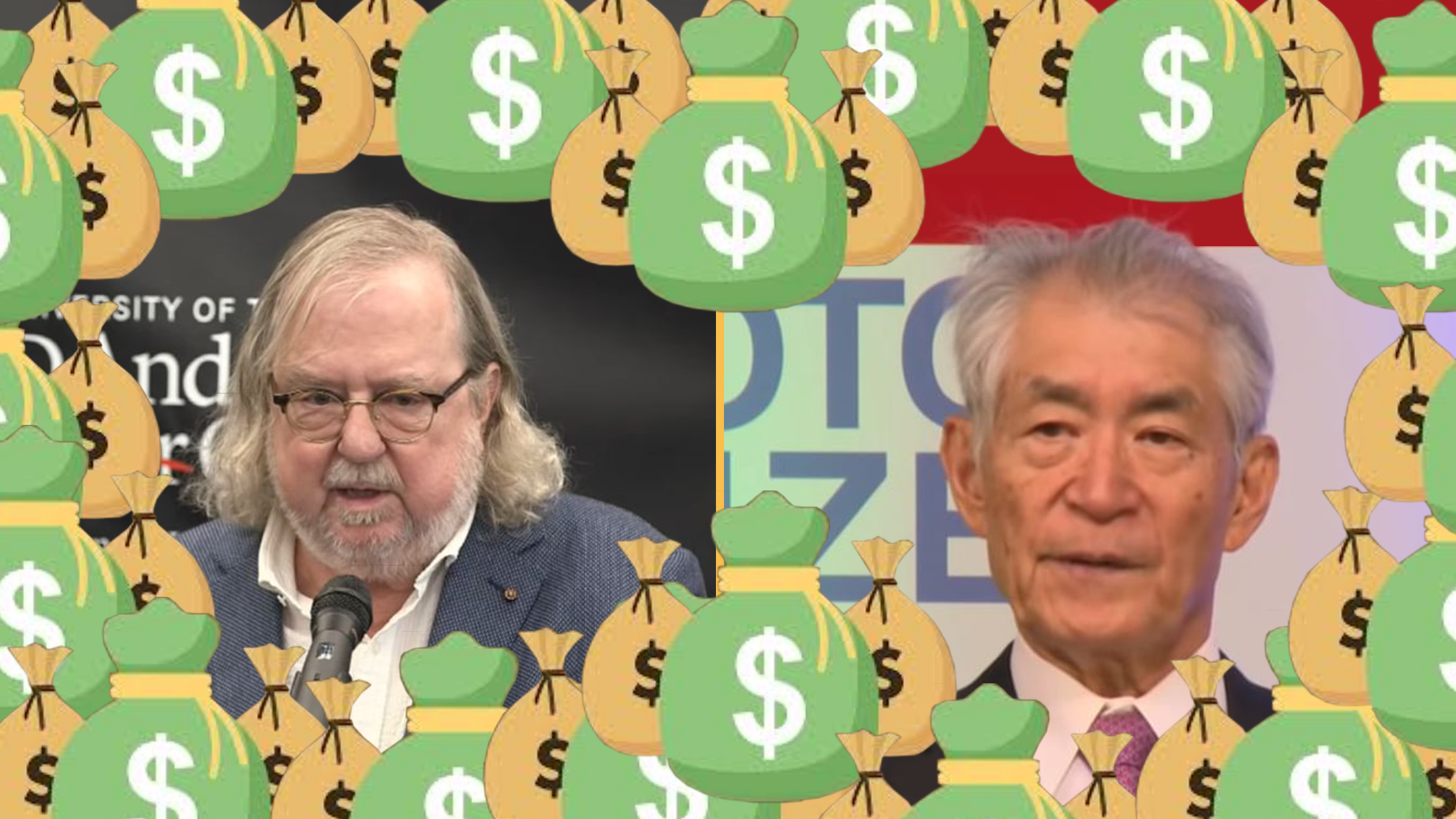The Nobel prize for medicine this year has gone to two immunology researchers, James Allison, an American currently at the University of Texas, and Tasuku Honjo of Kyoto University. These two independently discovered “checkpoints” in the immune system, which eventually resulted in “checkpoint inhibitor” drugs used to treat certain cancers. Allison made his key discovery while working at Berkeley in the 1990s; Honjo, who discovered a different checkpoint in 1992, worked for many years under the auspices of the National Institute of Health (which is part of the U.S. Department of Health and Human Services).
Drug companies have developed treatments based on this research, and “checkpoint inhibitor” drugs are a hot area for new drug development. According to a Reuters report, the cost of these drugs runs about $12k – $13k per dose, or roughly $150,000 per year; one combo treatment from Merck is reckoned at around $256,000 per year. Fortunately for those drug companies that have obtained approval, there isn’t a lot of competition to keep these prices down and, in the U.S., payers, including Medicare, are required to cover cancer drugs. Bristol-Myers, for example, took in about $6 billion in 2017 from its Opdivo (nivolumab) and Yervoy (ipilimumab) drugs, and Merck’s revenues for its Keytruda were $3.8 billion. In May last year, Keytruda got FDA approval as a treatment for lung cancer, a kind of Holy Grail for drug companies since (a) there are about 156,000 cases per year in the US, (b) there aren’t many very effective treatments and (c) the victims are almost certain to die if they don’t get treated. Bonanza!
Reuters quotes research firm GlobalData in the same article as estimating the global market for cancer immunotherapies to grow from $16.9 billion in 2015 to $75.8 billion by 2022. But these estimates pale beside the projections of one doctor who calculated that drugs for the 589,430 victims dying from metastatic cancer every year might cost $173,881,850,000. Every year.
The two laureates will share a prize worth slightly less than one million dollars. Enough to treat maybe seven cancer patients.
Also, the Nobel guys made this portrait, so there’s that:
 Illustration: Niklas Elmehed. Copyright: Nobel Media AB 2018
Illustration: Niklas Elmehed. Copyright: Nobel Media AB 2018As for the U.S. and California taxpayers who subsidized the original research, they will get – kudos?
In the UK, the National Health Service initially declined to approve the use of these drugs on the grounds they were just too expensive. They later were given an undisclosed discount and cut a deal.
Oliver Corlett, oeconoclast, Big Pharma, profiteering, unbelievable gross disgusting things





